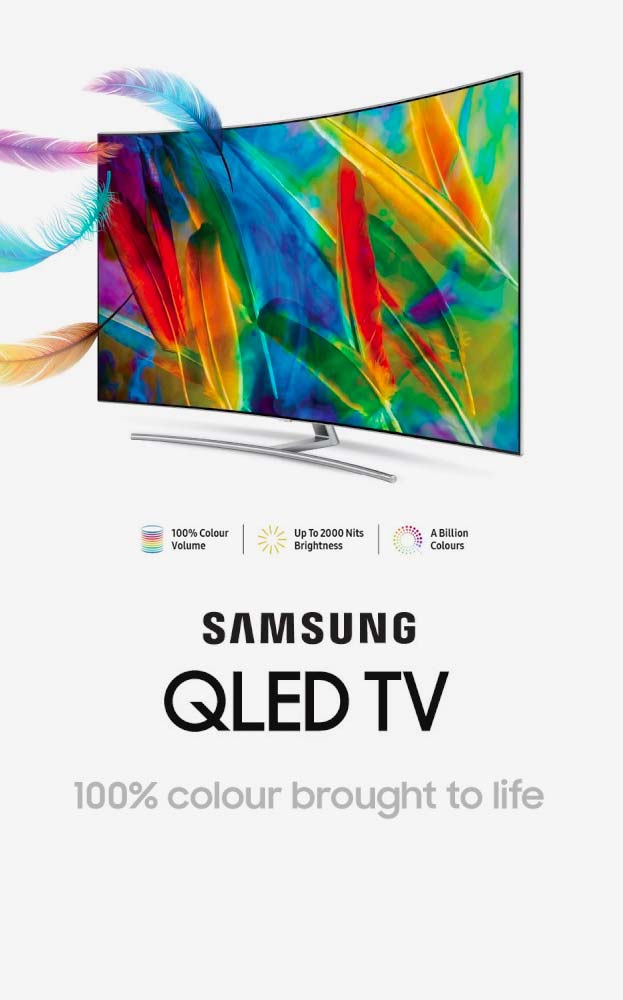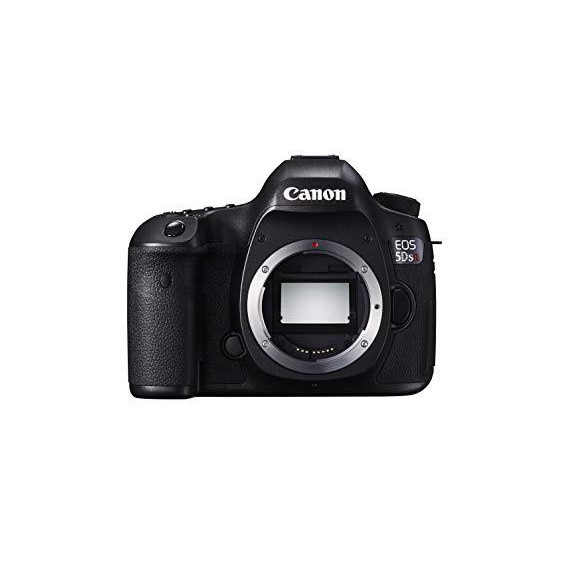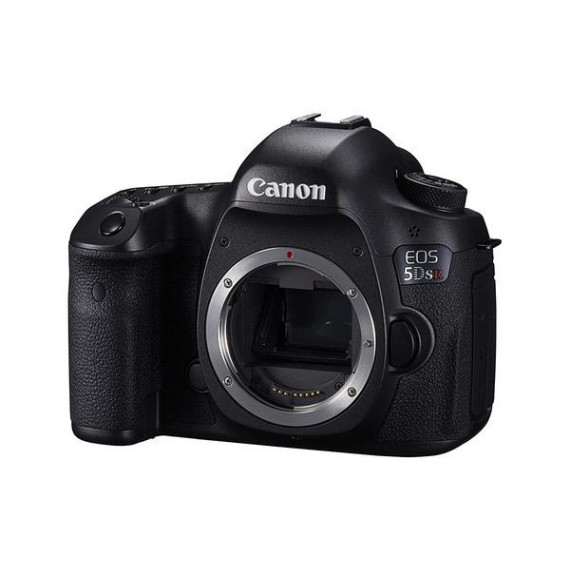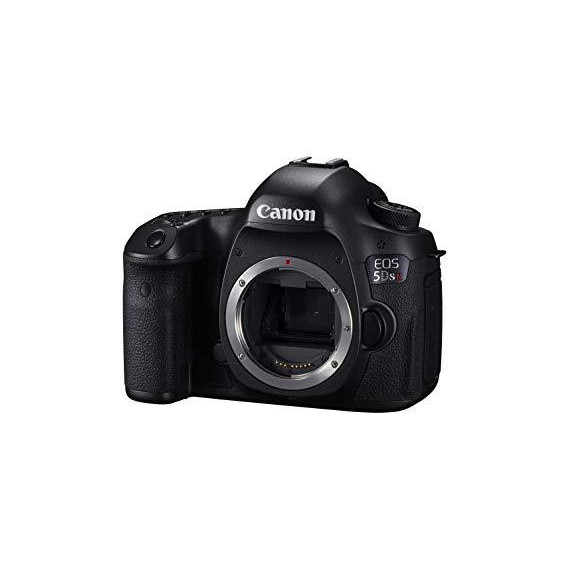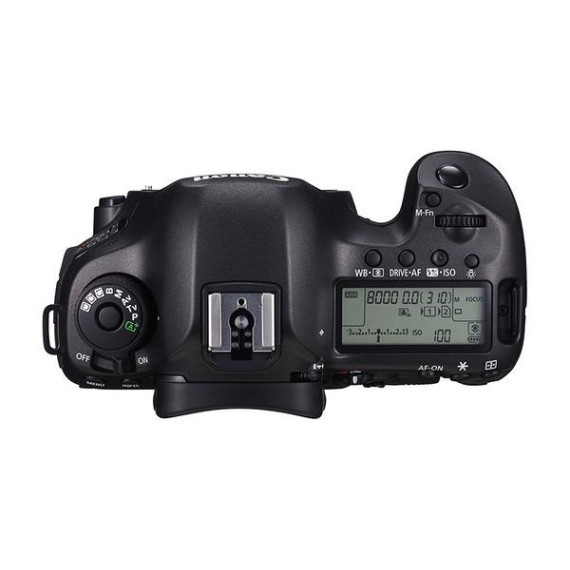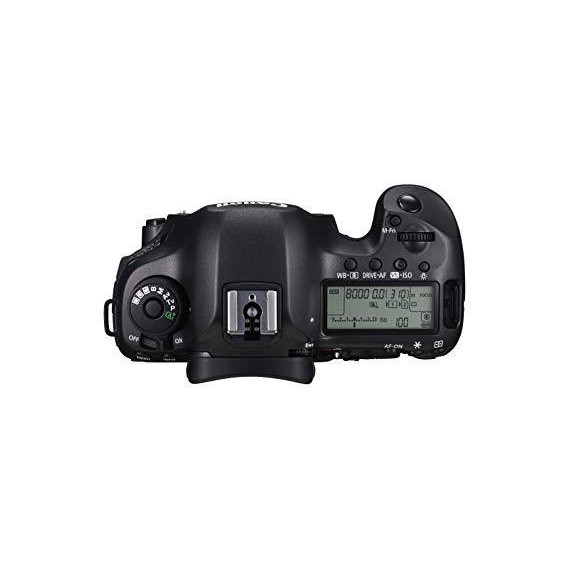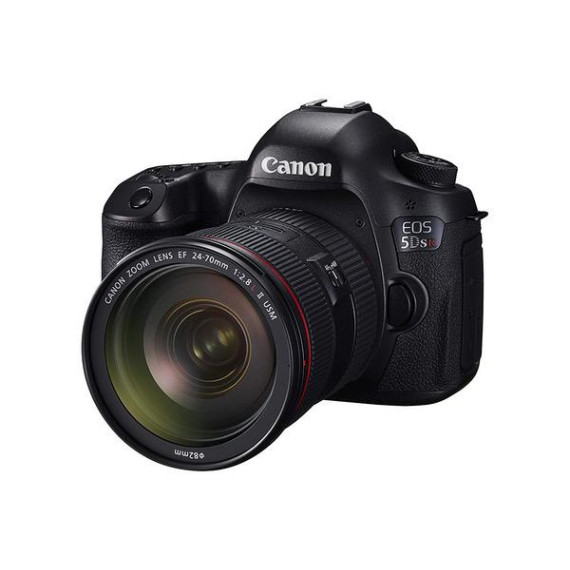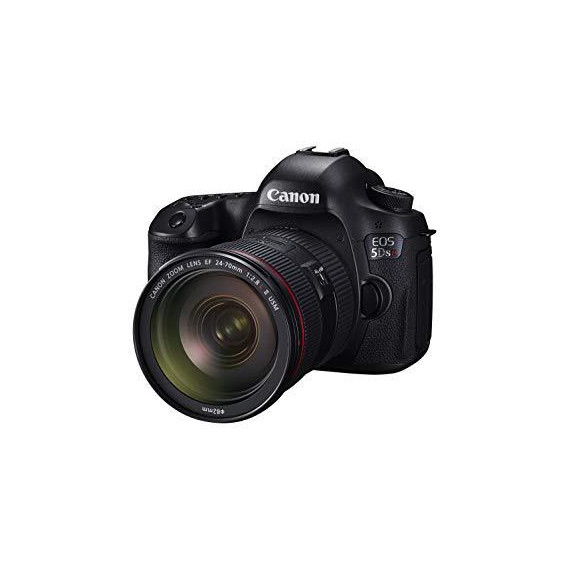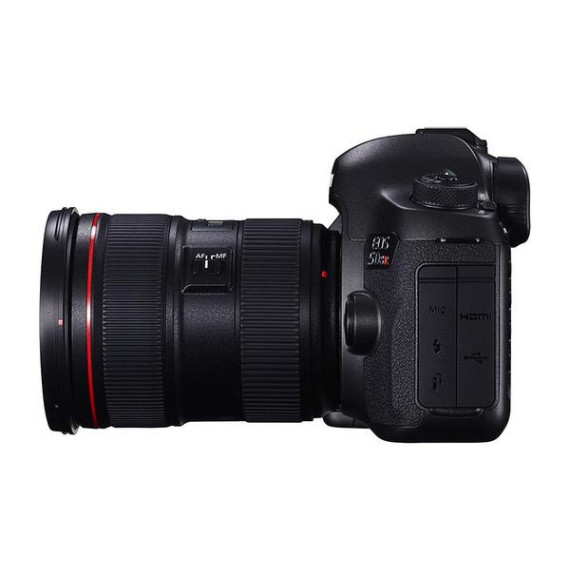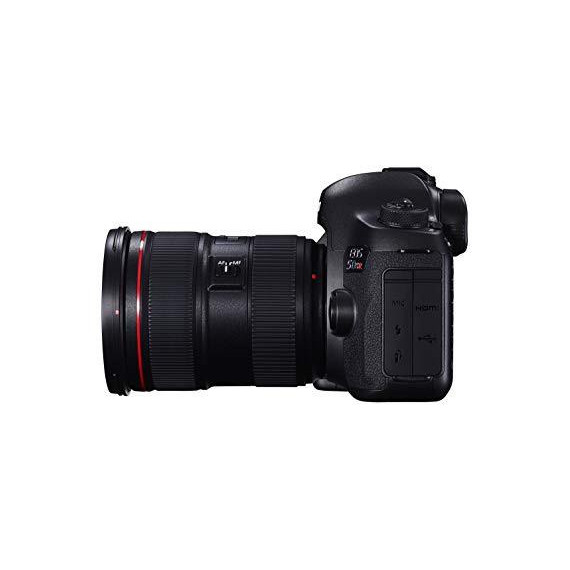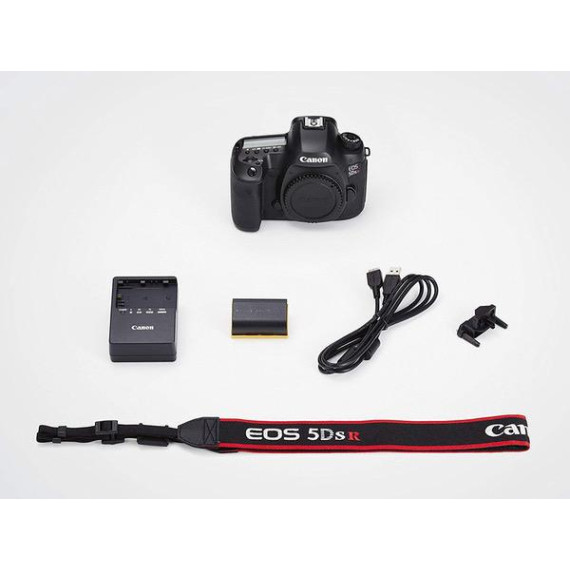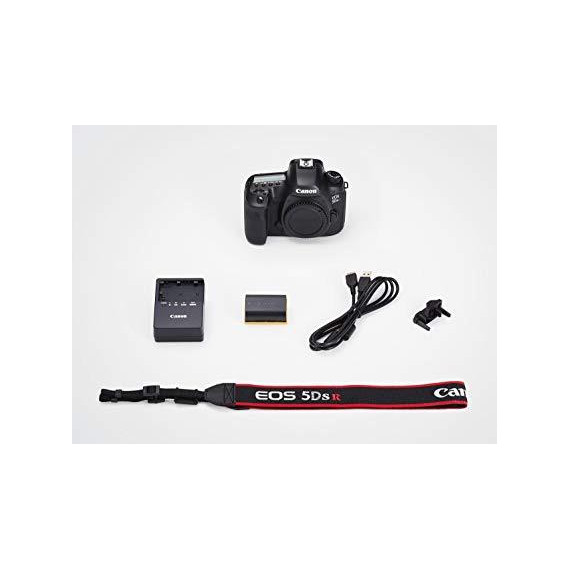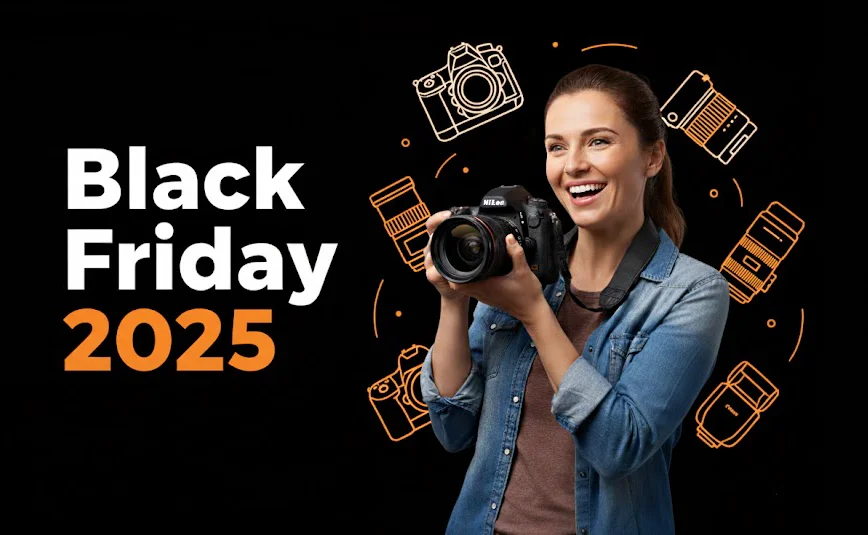PureClassA
Well after months of waiting on pre-order, it finally arrived. Heres the high points thus far: 1) The build and feel is 99% identical to a 5D3, which is fantastic ergonomically, and experienced Canon shooters will feel right at home with this one. Its solid, study. weather sealed, and the mode dial got a nice little upgrade with raised icons and what seems like a bit more solid grip. The new LPE6N battery provides longer life but Im using my old LPE6 (standard) in it just fine right now. Dual Digic 6 chip do suck up a lot of juice. 2) The lag time between the shutter and the jpg preview popping up on the rear LCD is a little longer than the 5D3, but thats to be expected as were talking 70MB RAW files here. Yes, 70MB. 3) Speaking of the shutter, the sexiest thing about this camera (besides the red "R") is the new shutter and its new sound. Its like a sniper rifle with a silencer. Its very stealth and sleek with its new all motor driven mechanism (as opposed to the old standard motor lift and spring return). By the way, the RGB+IR metering system they brought down from the 1DX for this? Awesome. Love it. I feel like the metering has been more accurate than my 5D3, and Ive even used the 1DX many times myself. 4) Ive been handheld shooting with a Canon 135 f2 L. First of all, what a lethal combo with this new 5DSR. Wow. Resolution is off the charts good. I found handheld shooting certainly requires a bit more care than the 5D3 to get the most out of the sensor, but we all knew that going in. This is a studio/tripod loving camera. HOWEVER, you can get really good results going about 4-5 times focal length with your shutter speed. (50mm lens x 5 = 1/250th second). Of course, having IS on your lens really helps. By the way, add "Mirror LockUp" to your custom menu (the green tabs). This way you can go in quickly and alter your shutter release lag time if need be, which is precisely why they built the new shutter. That way, you press the button, and the mirror flips up and the camera waits anywhere from 1/8 to 1 second before dropping the curtains on the sensor. You can set it in that range or just turn it off, or engage traditional old manual mirror lock up with the first button press lifting the mirror and the second button press dropping the curtains. 5) I cant get this thing to Moire. I have deliberately shot some really small fabric patterns and weaves, brickwalls, so on and so forth, I cant get it to create the negative artifact. Without the Low Pass Filter effect (this camera has TWO LFPs that cancel each other out to raise sharpness) the propensity for generating Moire and Aliasing goes up.... THAT SAID, at 50MP even the smallest details can get resolved well, so artifacts dont really seem to be a problem so far. Now I know I have some dancers I shoot that wear silky shiny dresses with tight fabric weaves and I suspect I may encounter some color moire there. However... Lightrooms Moire tool does a really good job to easily and quickly remove it if need be. 6) This is NOT NOT NOT a general use, everyday camera. Please get a Canon 5D Mark III (5D3) for that or the amazing 6D for half the price of 5D3. The 5DS and 5DSR really are for professionals who need the ultra high resolving capabilities for a variety of reasons such as Large Print work, studio work, pictures of large groups, architecture and landscapes, and the ability to shoot wide and crop in post without losing details. You dont want to buy this camera to take family pictures. Its overkill and the file sizes, as I mentioned before, are enormous. I own both the 5D3 and 6D. Both are excellent cameras and both are excellent general purpose cameras. 7) Buy Glass. Dont buy this camera expecting the world from even your 24-105 F4 L lens. I have one. Good lens. 5DSR DOES make it look better than on a 5D3... BUT, if you really want to take advantage of what this machine can do, you need to look into some of the upper level L glass like the the new 16-35 f4 L or the 70-200 f2.8 IS II. The 135 f2 L is STILL one of the sharpest lenses ever made and looks gorgeous on this, as do the new Sigma ART lenses. (Everything I just mentioned, I own and have shot on this 5DSR now) 8) ISO performance - Ok its a studio and landscape camera. Its meant to be shot at or near base ISO, right? (100-800). Well last night I shot a bunch of stuff in my house handheld at 6400 ISO. Lemme tell ya... It looks...really....nice. For all the flak on how much this camera would suck at higher ISOs I think it looks no worse than a 5D3 and maybe even a bit better (again, mostly dependent on your technique.) I would suggest as I always do with higher ISO... ETTR. Expose To The Right. Push your camera exposure compensation UP one stop and pull back highlights in post if need be. I think the 5DSR images at 6400 are really very clean for that sensitivity, but everyone has their own personal feelings about what is "usable" Not here to debate. Thats just me. Id put the 6400 ISO performance on par with a 6D. Im perfectly happy with it. 9) If youre a pro who needs the juice. Buy this. You will not regret it. Its an excellent and well built professional tool. I cant wait to do a REAL studio test with this. I will update as I do. UPDATE: 6/24 - Posting pictures shot with this seems futile given how images are compressed to post on the review, but here ya go: (Handheld shot using the Canon 16-35 f4 L on the Boat and Canon 135 f2 L on the girl) UPDATE: 6/26 - I have run across an owner or two who have gotten very minute amounts of Moire in some extreme situations (wildlife in this case). But nothing that wasnt quickly corrected in Lightroom without any damage to the image quality. That said, I still have not had the issue. It confirms my second thoughts when I cancelled my initial order of the 5DS in favor of the 5DSR UPDATE 7/14 - First studio shoot last weekend was a big success so far as Im concerned. Was amazed by how much detail was retained on the face and hair even from half and full length poses. Headshots were amazing. EVen though you tend to soften the skin in post, the ultra fine details you can retain where you really want to keep it (eyes, eyelashes, eyebrows, hair, etc) is uncanny. Very happy with the results. Its being able to crop in and turn a wider shot into headshot and still have the same resolution in so doing as I would had I just taken a headshot with the 5D3. Loads of flexibility!!! UPDATE 7/21 - Someone posted a good question about the contrast and saturation compared to other popular current Canon models like the 5D3. Yes, contrast and particularly color saturation seem to be more and richer. Canon previously stated months ago that this camera would be using a better CFA (Color Filter Array) more akin to those of the vaunted and still loved Canon 1Ds III. I just two days ago did direct comparisons between the 5D3 and 5DSR and concur this indeed seems to be the case when I had both cameras in a controlled situation in a studio setup using the same lens, exposure settings, strobe power, and even manually set white balance of 5600k on both cameras. The 5DSR naturally produced a bit warmer and richer color palate (as in zero LightRoom adjustment on both cameras) UPDATE 7/27 - Took the R to a small play my kids were in. 70-200 f2.8L IS II running in ISO 6400 the whole way through. Keeping at f2.8 I was getting anywhere from 160th to 320th in Aperture Priority mode with changing stage lighting. (Shooting RAW as always) Gotta say Im still very pleased with the results, and even more so after a bit of NR added in Lightroom in the Luminance channel. UPDATE 8/3 - DIFFRACTION LIMITS - Ok this is a bit more technical for us geeks but in general, all lenses become diffraction limited around f16, which has in recent history been correct with all our 20MP-ish cameras. Diffraction limits are correlated to pixel size and density though. So at 50MP, the same lens that was DL at f16 on a Canon 5D III is now DL between f11-f14 on a Canon 5DS. I have shot many frames at f11 on my 5DSR and they look amazing (using Canon 16-35L f4 IS). The diffraction effects will start creeping in beyond this, so effectively f11 is the smallest aperture you can stop down to before you begin to LOSE sharpness. a 5D III gets you to f16 because the pixels are much bigger than the 5DS. With the smaller pixels, more fine detail can be resolved so the DL hits sooner (bigger aperture). If you shoot a lot of Macro stuff I dont see much ever done smaller than f11-f14 anyway. So this should not be a problem. As for landscapers, f11 on a serious wide angle lens (assuming youre using good focus point technique) should get you close to infinity focus through the frame anyway. If you really need deeper focus, then consider focus stacking anyway. I dont think Ive ever shot anything at f16 more than once or twice even on my 5D III.

